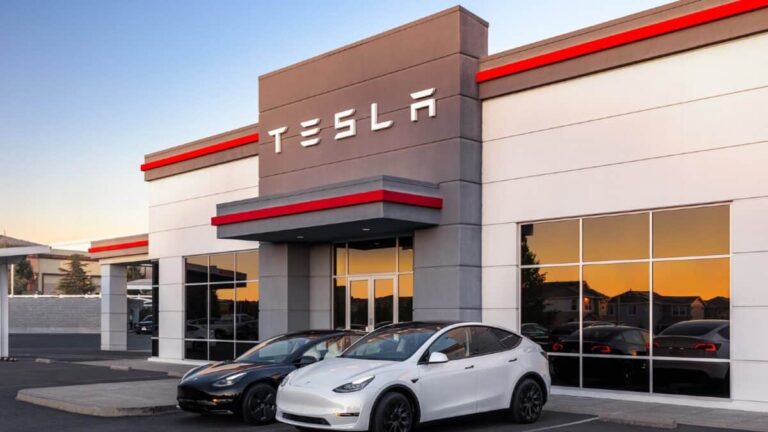
Image source: Getty Images
On the face of it, PayPal (NASDAQ:PYPL) ought to be on my list of shares to buy. The company has a market value of $69bn and has generated just under $6bn in free cash in the last year.
With minimal debt, that implies a free cash flow yield of almost 9%. That’s pretty high considering the business isn’t in decline – but there’s a catch when it comes to the valuation.
Share buybacks
With no dividend, PayPal returns cash to shareholders via share buybacks. These work by reducing the outstanding share count, increasing the value of each of the remaining shares.
Since 2020, PayPal’s returned over $20bn via share repurchases. That’s around 30% of its current market value and the returns have been going up.
| Year | Share Buybacks |
|---|---|
| 2024 | $6bn |
| 2023 | $5bn |
| 2022 | $4.2bn |
| 2021 | $3.4bn |
| 2020 | $1.6bn |
Despite this, the company’s share count has only fallen by about 13% over the last five years. That’s much less impressive and it raises an important question for investors.
PayPal’s share count isn’t really going down much despite the firm using almost all the free cash it generates to buy back shares. So where’s the money going?
Stock-based compensation
A big part of the answer is stock-based compensation. This is where PayPal issues shares to pay its staff part of their salaries in the firm’s stock, rather than cash. A lot of companies do this and I don’t think there’s anything intrinsically wrong with it. But it’s something that investors need to factor into their calculations.
Since 2020, PayPal’s issued around $6.5bn in stock to cover these expenses. And this has gone some way towards offsetting the cash the firm’s been using for share buybacks.
In 2024, the company spent almost $6bn on repurchasing shares, but just over 20% of this was offset by stock-based compensation. So the outstanding share count only fell by around 6%.
Expenses
Stock-based compensation doesn’t involve cash leaving the business directly. As a result, some investors tend to think it isn’t a real expense. I however, think this is a mistake. Issuing equity automatically reduces the value of share buybacks and this is a key mechanism companies can return cash to shareholders.
This is especially true when it comes to PayPal. Its 9% free cash flow yield’s attractive at first sight, but the firm can’t just use this to bring down its share count by that amount every year.
Before it can start bringing down its number of shares outstanding, it has to buy back the ones it issued. And it has to do that with cash, making it a very real expense for investors.
Investment returns
I don’t think PayPal’s stock-based compensation is a reason to dismiss the stock out of hand immediately. And the company’s undergoing an interesting shift in terms of its priorities.
Focusing on margins over revenue growth could boost profits and integrating further into the online transaction process could boost its competitive position. These are potential positives.
For the time being though, I think there are better opportunities available. While the stock looks like a bargain at first sight, I don’t think it’s as attractive for me as it seems.









